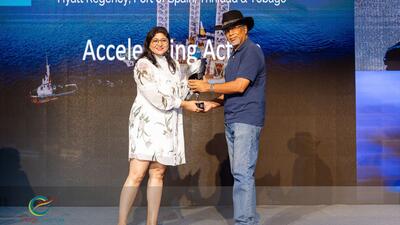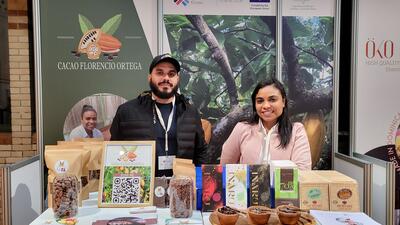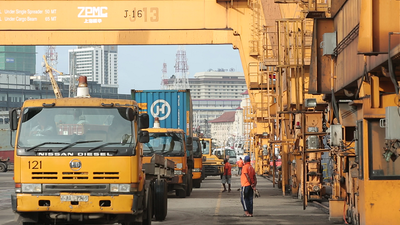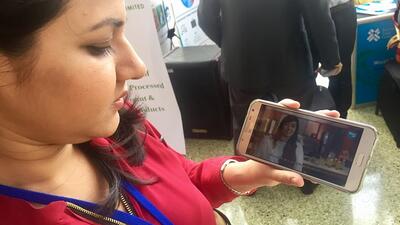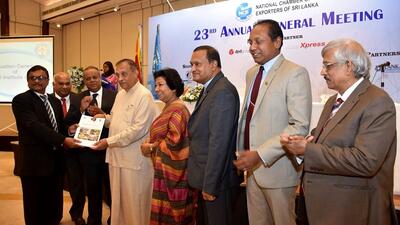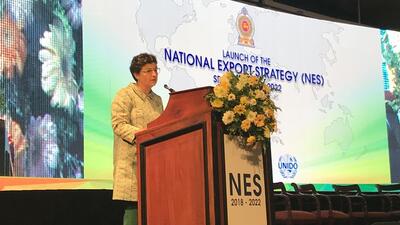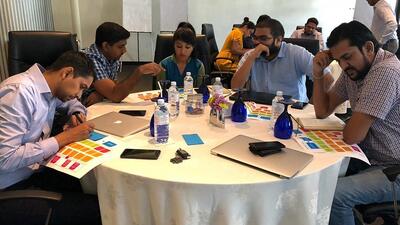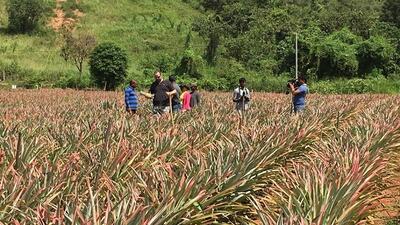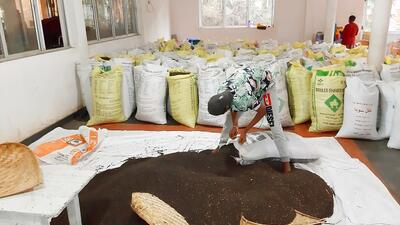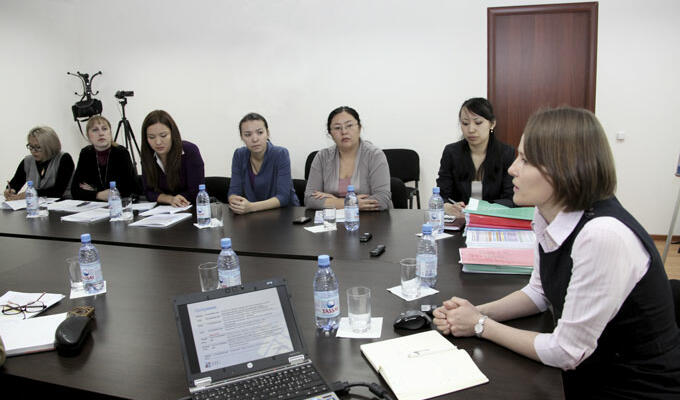

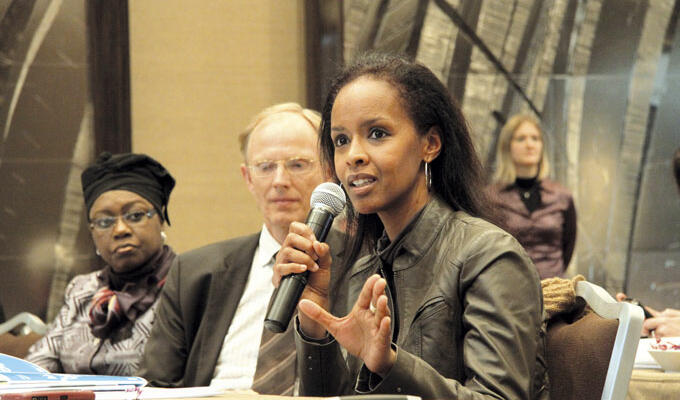
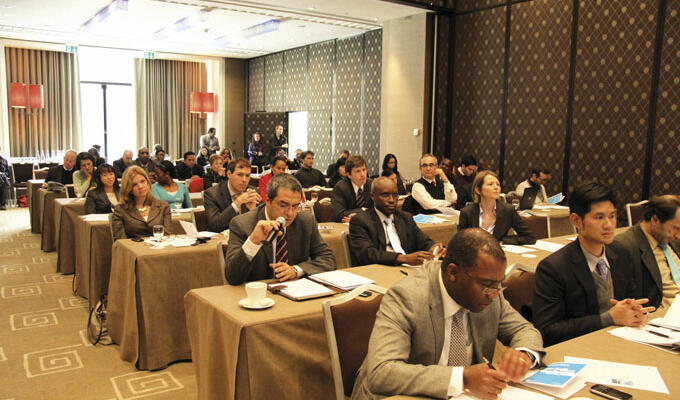
Non-tariff measures: Breaking down the barriers
"If burdensome NTMs could be eliminated, or at least reduced, and companies enabled to deal with them both at home and abroad, we would see a huge boost to international trade." Poonam Mohun, NTM Programme Manager, ITC
While multilateral and regional trade agreements have led to a reduction in tariff barriers in global trade, the world has experienced a steady rise in the number of NTMs. These can prove to be a major obstacle to local, regional and global trade in both goods and services as companies struggle to comply with an increasingly complex web of policies and, at times, opaque technical standards. Since dealing with NTMs mostly represents fixed costs to businesses, they have a larger relative impact on SMEs.
Stephen Cadiz, Minister of Trade and Industry of Trinidad and Tobago, said at the launch of the ITC survey of NTMs in his country: ‘It is essential that NTMs be identified so we at the Ministry of Trade and Industry can go about the task of their reduction and removal in a bid to increase the level of trade facilitation in Trinidad and Tobago and continue to drive economic growth.’
He is not alone. National policymakers often lack a clear picture of what their private sector perceives as the major obstacles to trade. Understanding enterprises’ key concerns with NTMs can assist governments to better define national strategies and policies and take concrete steps to alleviate the problems – for example by building national capacity in complying with technical regulations. In response to this challenge, ITC conducts large-scale surveys of exporting and importing enterprises, analyses the survey results and presents detailed reports to national stakeholders outlining the obstacles to trade as well as options on how to address them.
According to ITC’s NTM Programme Manager, Poonam Mohun: ‘If burdensome NTMs could be eliminated, or at least reduced, and companies enabled to deal with them both at home and abroad, we would see a huge boost to international trade.’
"The NTM Programme directly addresses the needs expressed by our beneficiaries – in every ITC client survey, NTMs have been reported as a top priority requiring ITC support and technical assistance." Patricia Francis, Executive Director, ITC
Although many, if not most, NTMs are imposed for legitimate reasons, they often have a negative effect on trade and can amount to a disguised form of protectionism. Even well-intended NTMs can have negative consequences, in particular in developing countries with a modest supportive infrastructure. Because of their diverse nature and complexity, NTMs are notoriously difficult to evaluate and this lack of transparency tends to aggravate their impact on the private sector. NTMs include, among others, import quotas, special licences, export restrictions, export subsidies, technical barriers to trade, sanitary and phytosanitary (SPS) measures and rules of origin.
Under the ITC NTM Programme, funded mostly by DFID, enterprises are surveyed to find out exactly what barriers they face. In 2012 alone, 10 such surveys were completed, bringing the total number so far to 19, while follow-up action by governments was taken based on surveys conducted in the previous year and ITC recommendations.
The surveys completed to date have shown that obstacles to trade include not only NTMs imposed by partner countries, but also bottlenecks in the exporting country’s capabilities and shortfalls in technical facilities needed to meet regulations and demonstrate compliance with NTMs.
After a survey is completed, ITC prepares an in-depth analysis of the results in a report which is then discussed in a national workshop bringing together representatives of the private sector, TSIs, government agencies and academics. These workshops seek to identify areas requiring concrete action by policymakers in different export sectors. They also help TSIs and business associations to better understand sector-specific challenges, enabling targeted support for businesses and the fostering of more transparent and dynamic commercial activity.
According to ITC Executive Director Patricia Francis: ‘The NTM Programme directly addresses the needs expressed by our beneficiaries – in every ITC client survey, NTMs have been reported as a top priority requiring ITC support and technical assistance.’
Sri Lanka: Road map for reform
Using input from an ITC NTM survey, the Government of Sri Lanka decided to upgrade the local SPS infrastructure and US$ 554,000 in funding for this has been approved by the WTO Standards and Trade Development Facility (STDF). As part of a new project, ITC and the Ceylon Chamber of Commerce will assess the fruit and vegetable value chain, update the national database of pests, seeds and diseases, and build capacity in both the public and the private sectors around SPS issues.
The survey in Sri Lanka resulted in the development of a road map for the country to take concrete steps to improve its business environment, after 69% of the more than 500 companies interviewed reported problems with NTMs and other obstacles to trade. In particular, they pointed to difficulties with technical testing, inspection and certification, which are required to demonstrate conformity with SPS requirements. They also have to cope with a lack of trade-related infrastructure and burdensome trade procedures.
For example, a Sri Lankan toy producer reported: ‘The EU has very strict requirements for toy imports, from chemical content of the paint to physical specifications. A lack of requisite testing facilities in Sri Lanka forces companies to send samples abroad for testing and certification, increasing both cost and the time required to export.’
After receiving the ITC survey report, the Sri Lankan Government asked ITC for recommendations on each area where action is needed, in order to consult with domestic stakeholders (e.g. customs authority, technical agencies) and to improve the efficiency of its institutions. ITC developed a matrix covering all the problems identified and met with officials to discuss a programme of advisory and technical assistance support.




